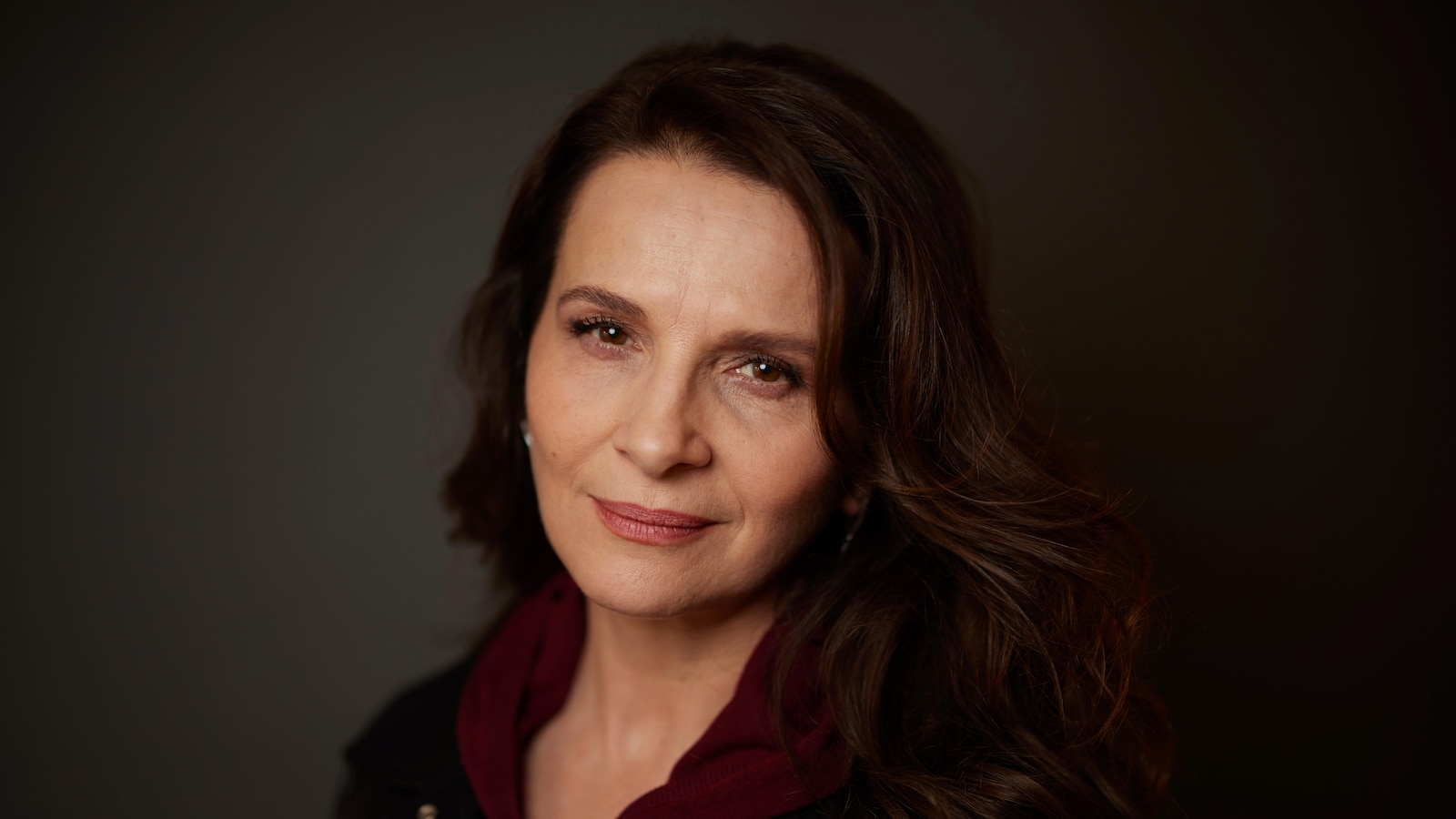Ralph Fiennes and Juliette Binoche became friends while playing lovers in “Wuthering Heights.” A few years later, they would share the screen again in Anthony Minghella’s “The English Patient,” that historical epic that would take them all the way to the Oscars.
They’ve kept in touch in the years since, fused by those early experiences and their admiration for one another’s minds and processes. There were dinners and phone calls and trips to catch one another on the stage. Binoche went to see him in “Macbeth.” He went to see her in “Antigone.”
But they hadn’t managed to work together again until now. And, appropriate for the occasion, the story is an epic: the reunion of Odysseus and Penelope.
“We’re very, very, very good friends,” Fiennes said. “There’s a trust, there’s a bond, there’s a respect. There’s the love of friends and we celebrate each other’s work.”
“The Return,” in theaters Friday, has been a passion project for director and co-writer Uberto Pasolini, who worked on it on and off for some 30 years (longer than Odysseus’ entire journey, he noted).
“I thought I was too old,” Fiennes said. “He said, ‘No, no, no, no, you’re there. This is your last year.’”
Binoche and Fiennes spoke to The Associated Press about the enduring appeal of Homer’s story, their process and the value of fighting for provocative cinema. Remarks have been edited for clarity and brevity.
FIENNES: I’ve been fascinated by Odysseus since I was a young boy and my mother read me the Greek myths. I think it’s something about coming home and having the courage and the sort of sense of destiny to take what is yours, to clarify what you have. There are great symbols at work in this piece.
Uberto had shared this with me for some time and we got to the point of, well, when are we going to do this? And who should play Penelope? And I said, “It must be Juliette Binoche.” And he said, “Don’t you think you should be Juliette Binoche?” And I said, “That’s just what I said. Uberto, it has to be Juliette Binoche.”
BINOCHE: On another interview, he didn’t want to say that he chose me. And I said, “Why don’t you say it?” So now he’s saying that three times. I’m so happy.
FIENNES: It wasn’t long before Juliette Binoche was the only person on the planet who could play Penelope.
BINOCHE: I didn’t ask that much.
FIENNES: I’m saying that. You can’t say that. I can.
BINOCHE: You prepared more than I did. Ralph was really training like crazy for it. As for me, you want to be present and allow truth in the moment and make these figures, these big myths, these archetypes real. Uberto was quite controlling because he wanted to succeed so much with this film, he wanted it to be so close to his dream. We had to relax him in a way so we would have space to engage in this acting moment between us. We wanted to give something special to the film so people would experience as a spectator something ancient and yet very truthful and modern.
FIENNES: We felt strongly that once we were going to do it, we were on this shared road. You have the baggage of these two archetypes, symbols that are heightened, mythical. Our job is to make them human. We felt the pressure of that all the time and we were hungry to do it and wanted it. It was a conversation: Please don’t over-define every second of how you’re going to shoot this because we will get to a place where our combined energies will hopefully send you messages about how you want to shoot it.
FIENNES: The industry is challenged. And I know for a fact that the independent film finance world is very challenged. I think I’m a bit of a dinosaur. The days of the independent film that was going to be in cinemas, I think they may be past. The hunger to go to the cinema is something that might be dwindling, and we are always grateful when we hear about films where people have left their homes for the cinema experience.
So that begs the question about what is the cinema experience? Everything is changing and shifting. But there are determined writers, producers, actors, directors who believe in making provocative adult dramas. I read about this film, “The Brutalist.” I’m dying to see it. It sounds extraordinary. It sounds like exactly what I’m trying to describe. A brave filmmaker who is determined to go out there and push the boundaries with a piece of work. There are those people who are determined to keep giving us this expression in cinema. But it’s very tough.
BINOCHE: As an audience, you have to observe what stays in you. Because, of course, you’re going to have a wonderful time while you’re watching and thinking, wow, you’re doing this and that and this color and this pace and the editing is exciting but at the end of the day, what do you bring with you? What stays in you? I think that’s the key question because otherwise you spent hours and hours of watching things and you don’t think about it the next day or the next hour. It’s ridiculous, in my opinion, because it needs to nourish something in your life. I believe that an art form can change your life. And we’re doing it for that purpose.

